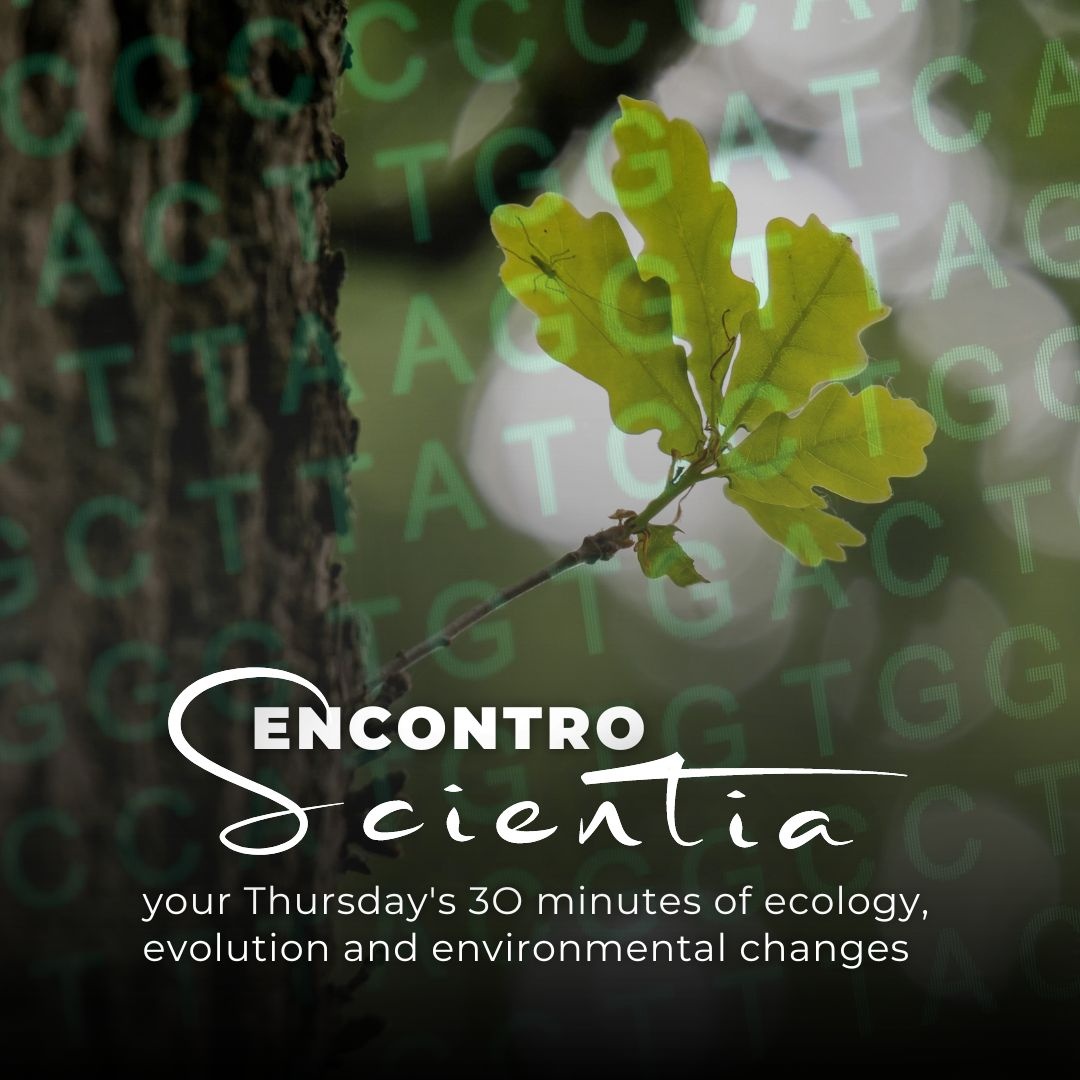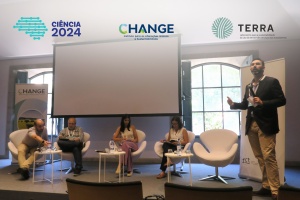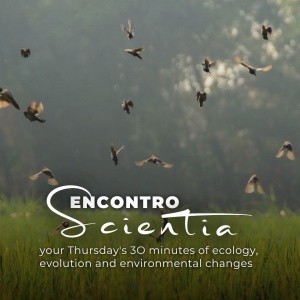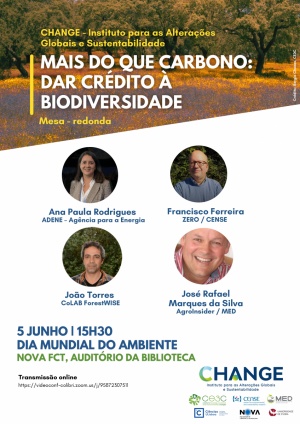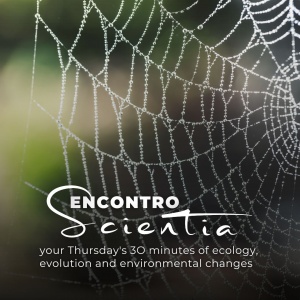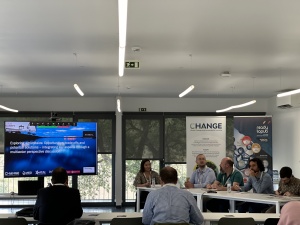Encontro Scientia with Octávio Paulo (Computational Biology and Population Genomics)
16 November 2023 . 12h00 (Lisbon time) . Room 2.2.14 (FCUL)
Online access • LINK
Password • scientia
The capacity to forecast species response to climate change has become a hot topic in applied genomics to biodiversity since Bay et al. paper in Science in 2018. The concept of “genomic vulnerability” and “genetic or genomic offset”, become central in framework of genomic prediction to climate changes. How good are the predictive models, their limitations and how validate the results are fundamental current concerns for this research area.
As an example, we present our preliminary results with a Gradient Forest approach allowed the identification of sensitive geographic areas within the western Mediterranean region under a changing climate: southwestern Iberia and northern Morocco. Our findings provide a preliminary assessment of the capacity of these species to respond to future climate change and contribute towards a potential management strategy for their conservation in the Mediterranean Basin.
Tags: Cobig2 encontro scientia genomics climate change Mediterranean oak

